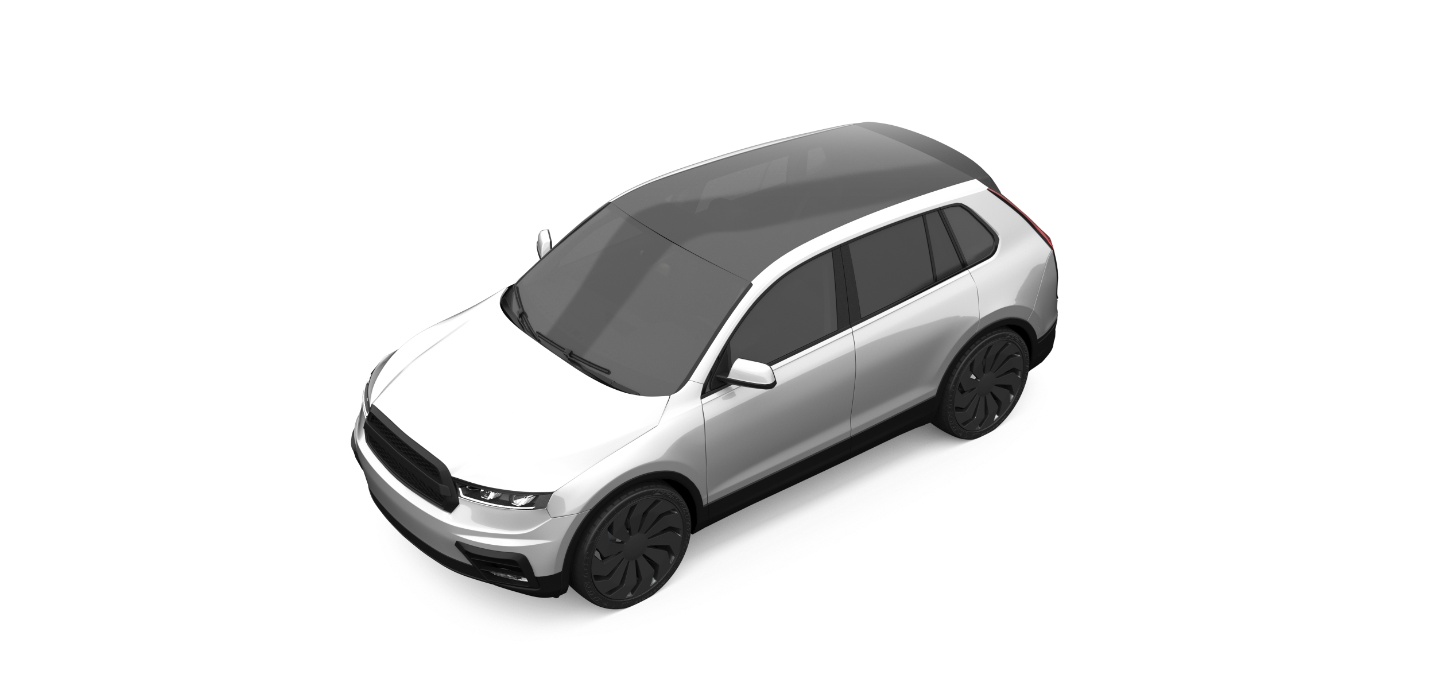




The car of the future will be electronic, autonomous, shared and connected.
A 10% reduction in vehicle weight can result in a 6-8% fuel economy improvement.
Replacing metal components with lighter materials will reduce fuel consumption and increase driving range –which are essential for hybrid and electric vehicles
Long-range, fast-charging batteries require an optimum temperature of 25°C both during driving and charging.
In 2019, DuPont and Renault Sport Racing announced a multi-year strategic technical partnership focused on innovating and validating new technology and hybrid electric powertrain solutions to help advance Formula 1 vehicle performance. As the automotive industry moves towards new mobility solutions, Renault and DuPont will work together to develop and fast-track innovative solutions and critical technologies to production cars that will benefit consumers.
Other AHEAD™ customer collaborations
- DuPont collaborated with Audi to develop a bonding material that supports super-fast charging for the Audi e-tron, Audi’s first all-electric SUV. The BETAFORCE™ 2800 TC solution delivered a range of more than 400 kilometers, helping to free drivers from “range anxiety”.
- When Volvo’s electric performance brand, Polestar, needed a composite bonding adhesive to reduce vehicle weight as well as noise and protect against corrosion, they turned to DuPont. Our BETAFORCE™ 9050L composite bonding adhesive enabled a lightweight, durable body structure for Polestar 1.
- To meet the new trends and demands of the global e-motor market, Hyundai has adopted “new bobbin technology” with DuPont™ Nomex® and DuPont™ as the main insulation in its new Sonata HEV e-motor – enabling a more compact e-motor.

